When The Fire Goes Out
Sometimes wielding fire seems to come with the power of the gods, but what do you do when that power is taken from you?
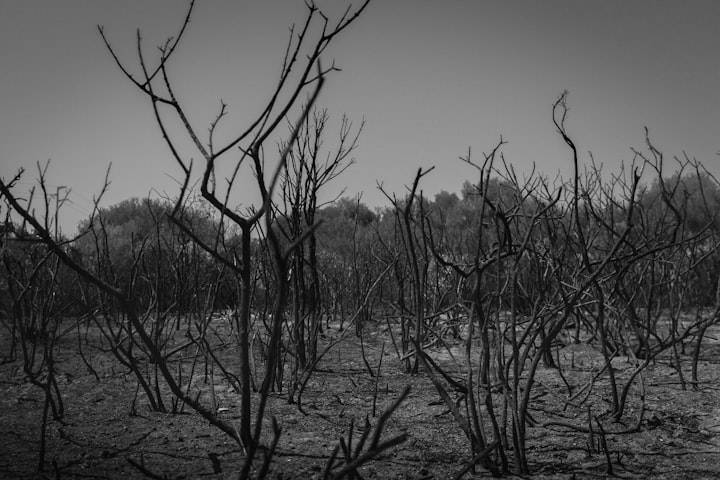
In Ancient Rome, it was considered spiritually critical that the sacred fire of Vesta never burn out. The sacred eternal fire had its own temple, and the Vestal Virgins were tasked with ensuring that the fire continue to burn on and on. There was not to be an end.
The gates of the Temple of Janus also had a ritualistic nature: during times of peace, the gates were to be closed. During times of war, the gates were to be open. Janus has two faces, so the god looked towards peace and war. There were phases to the worship of Janus.
Such was not the case for the eternal fire of Vesta. The eternal fire was supposed to burn forever. Gates could open and close, but the fire was meant to burn eternally. The fire's eternal illumination was intended to be like Rome itself, everlasting. It was a symbol of permanence.
Speaking from a historical perspective, of course, we know that it was bound to go out.
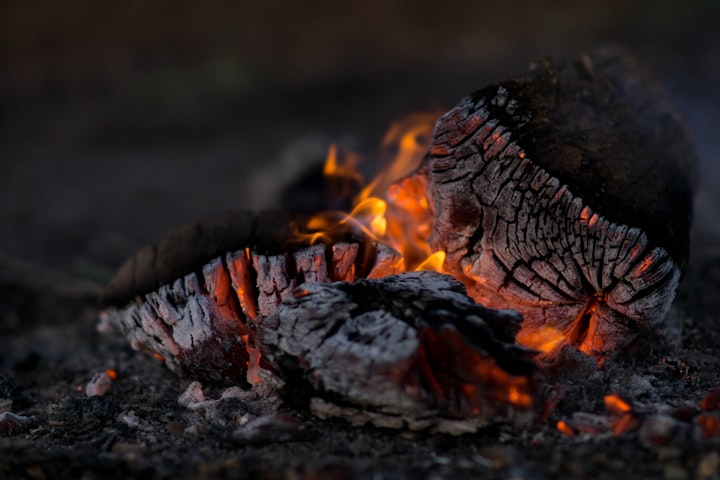
Fire is such a malleable subject for metaphor. It consumes, and it destroys, but it also warms and illuminates. Gather with a group of friends, and the right fire can be comforting. In the wrong situation, there are few things more terrifying. In the past few years we've seen the horror of what uncontrolled fire can do to entire regions of the planet. Yet our mastery of fire has improved the living conditions of humanity for thousands of years.
My very first Vocal story to receive Top Story status leaned heavily on this metaphor and the story of Prometheus, who stole the fire of the gods. By tapping into the power of the written word, I said, I felt like I also gained something like that divine energy. I stole the fire of the gods.
However, if you go to wikipedia and learn about Vesta's sacred flame, a specific ritual will appear early in your research. There was a whole process for reigniting the fire after it went out, because of course it went out.
Even Vesta's eternal flame wasn't all that eternal.
This is as it should be. The fire was a symbol for Rome, after all, and how eternal was that empire?
It often feels like there is only one constant in life, and that constant is change. The temple of Janus acknowledged that the world had multiple faces, but the fires of Vesta denied reality. Those fires were an insistence that we could make something that would burn forever, and humans through sheer will could dominate change.
Change comes anyways.
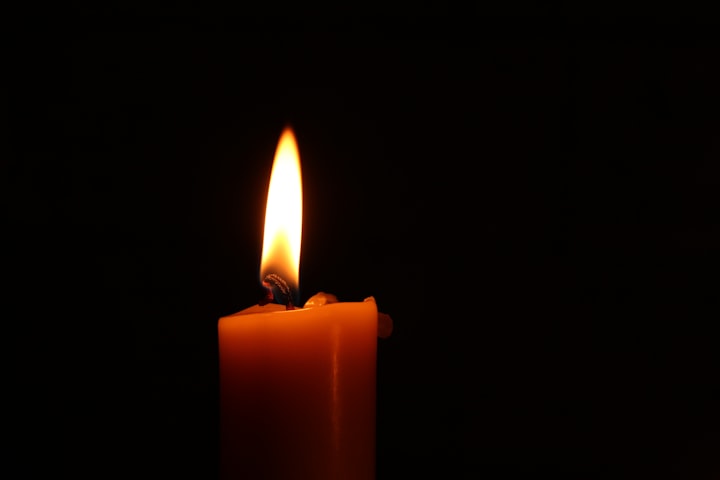
Sometimes people will ask: what state of matter is fire? Solid, liquid, gas? It's baffling until you stop thinking of fire as a thing and start thinking of it as a process. It's a rapid transformation. Energy is being transferred, causing heat and illumination. Fire doesn't exist as a thing to itself. Fire is a process by which fuel is consume and turned into something else.
Fire is light, and fire is soot, and fire is fuel being consumed.
That is why the sacred fire of Vesta was bound to go out: eventually, the process completes. You run out of fuel, or you mismanage fuel, or whatever the case may be, but the process finishes, and you are left without fire. Fire is a transition between one state and another, and eventually that transition comes to a conclusion.
And recently, it feels like that is what has happened to my fire.
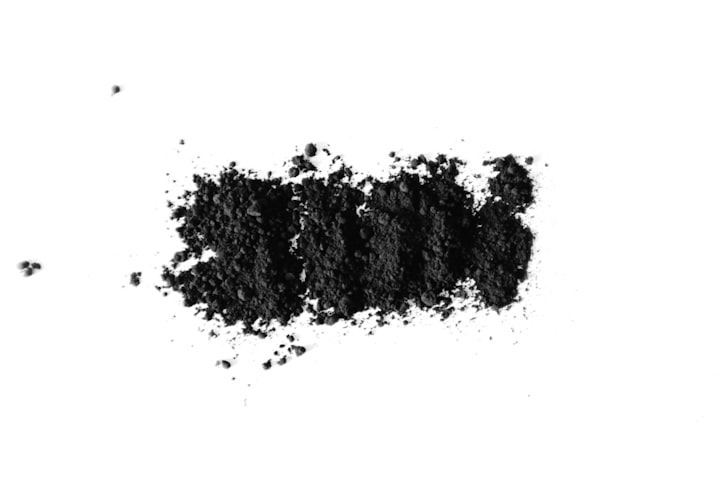
If you've ever sat around a bonfire, you know that it goes out in two ways. First, you simply wait for the fire to burn down all on its own. It eats the last logs, transforming them into ash and soot, and then all you have are some glowing embers. If you don't want to wait for the fire to run out of logs, you fill a bucket with water and dump it on the flame. There will be an eruption of steam as the fire's energy is absorbed by the process of converting water into a gas, and the fire will be gone.
The fire can either run out of the fuel or something can displace the oxygen it needs for the process of burning.
I've wondered recently which was happening to me. Have I just burned my own fire so hot for so long that I'm suddenly looking around, wondering where my fuel went? Or has something hit me like that bucket of water, and it doesn't matter that I still have fuel here because everything is sodden and it refuses to catch a flame?
If you're trying to start a fire, those are two very different problems. If you don't have fuel, you have to find more of it. Maybe there are twigs around. Maybe there is a reliable source of fuel that you have used in the past. But what do you do if the problem is just that everything is soaked through, and it feels like you can't get a spark to catch?
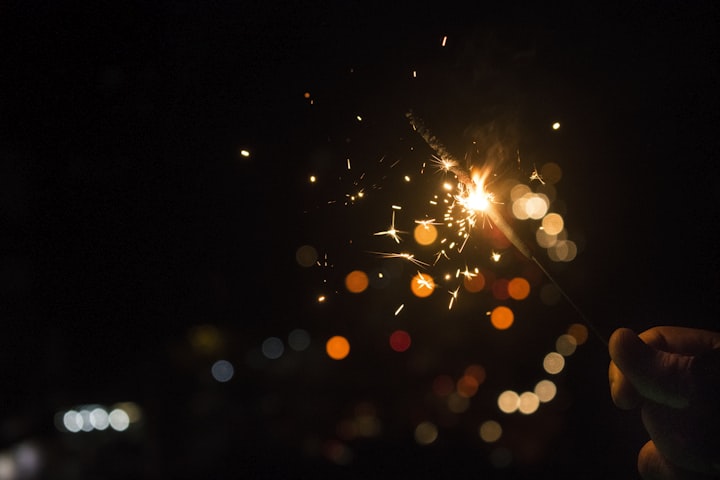
I read articles about burnout and creative energy from time to time, and I generally think that their advice is okay. It's fine. Most of what they say is probably true, under the right circumstances.
You sometimes see tips like:
- go watch a movie.
- read a book you love.
- chat about stories with your writing group.
- listen to music that gets you amped.
Follow the right steps, and then your problem will be gone!
I think of those as "fuel" solutions. You've run out of creative fuel? Go scavenge through the creative forest for creative kindling to restart your creative fire. If your creative burnout is coming from a lack of fuel, there's a good chance that these solutions will help you. When I was getting started as a writer, I would sometimes have to put a book down halfway through a page because something I had read just sparked a fire in my mind, and I needed to commit it to paper before it went away. I wasn't writing fan-fiction, but my love of writing started as a reader, and it generally came from reading something and thinking, "but wouldn't it be interesting if...?"
In the past, when I've struggled with maintaining my fire, I've felt my fuel beginning to thin out, and I have scrambled off into the forest in order to find the stuff that will keep this fire burning.
This time... not so much.
Imagine seeing your fire go out, being soaked to the skin, shivering in the cold, hearing noises from the dark woods around you piercing through the constant downpour of rain. Soaked. Scared. So, so cold. You gather as much fuel, but it doesn't matter, because the rain won't stop. Your fingers are cold, and your arms are shaking, and to make it worse, you loathe yourself for it.
What's the matter? Don't you want a fire? Don't you want to deal with the cold, the wet, the endless darkness? If you wanted it, you'd gather what you need and start the fire. There's no fire here, so I guess I just don't want it enough. If I wanted it, I would fix it, but I haven't, so this is my fault.

If you combined everything I've written for Vocal in the last year into a single document, it would be a decent length for a novel. There have been times where I've had a story coming out every single day. I managed to write a story for every week of the Summer Fiction Series, and I managed to write 8 stories for the Foggy Waters contest alone.
Here's the most surprising part of that: with a few exceptions, I'm really proud of what I've written. I look back on what I wrote in the past, and there will be a turn of phrase here and there that still hits just right for me. The most disposable stuff I've written for Vocal are probably my movie reviews, but I still had a lot of fun with those, and they helped me practise writing quickly for an audience, since I usually wanted my review to come out while the movie itself was still topical.
I look back on what I've produced, and I genuinely feel like I accomplished a lot. My readership is growing, and I'm consistently having people read my work. If it was just feeling frustrated with my lack of progress, I would understand, but that can't be the case because my progress is... well, progressing.
Usually, I can produce words.
Even when everything else fails, I can produce words.
At least, I could until the fire went out.
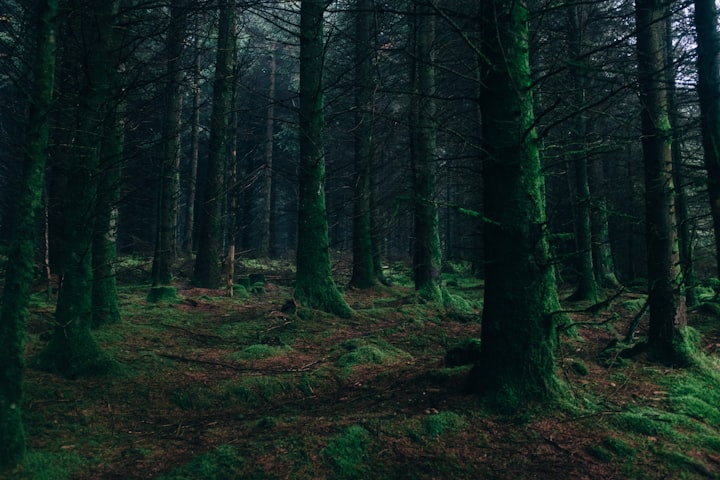
Imagine walking through the woods at night. You're alone, but you have a torch with you. The fire illuminates the trees around you, and it just so happens that whenever your torch is burning out you find another bonfire where you can recover. As you walk through the forest, the flicker of a fire in the distance marks your next destination, and the fire in your hand keeps you in the light.
Then, for reasons you can't understand, all of the fires go out.
You're still in that woods, but now there is no light, and there is no way-point ahead to guide you.
What was that noise you heard?
Probably nothing. Probably. Of course, without your light, you can't exactly see.
Let's hope it was nothing. Cross your fingers. If you're the praying type, say a quick prayer.
What do you do now that the fire is gone?

This is where I wrap up the story with a near, inspiring conclusion, only I suspect that you're too smart for that. If I offer you an easy answer, you'll see right through me.
Mr. Philips, with all due respect, you say. After the situation you described, you really expect me to believe that the answer is so simple?
If I don't come up with an inspiring conclusion, then I run the risk of this story being overlooked for not being share-able enough. It will read too much like moping, and it will hardly be the sort of thing you bookmark to come back to when your own burnout creeps up on you. But if my inspiring conclusion sounds false, then I have sinned twice: once by leading you down this nighttime path without knowing where we're going, and once by abandoning you at the end with false promises.
You know that life is messy, don't you? And the creative process is one messy aspect of our messy lives. Where do we get our ideas? I can point to that pretty easily. But where do we find time or energy to actually write down those ideas? Why do we choose to do this when we know that we're unlikely to become fabulously wealthy in the process? That's ephemeral. Trying to catch that is like trying to catch a flame while it's still burning without being burned yourself.
If you care about this topic, you won't be satisfied by easy answers because your nose will be trained to sniff out over-simplifications.
So where do we go from here?

There are two things with which I will end this post.
1.
If you google how to start a fire in the rain, the advice you will receive is simple: first, you must find dry fuel. Second, you must find shelter from the rain. I think this is somewhat inspiring. Right now, it feels like the rain is coming from every direction. It feels like I have to try to start a fire in the rain, but maybe that's backwards thinking. Maybe the solution is that you have to begin by getting out of the rain.
It starts with this: put your desk in the corner, and every time you sit down there to write, remind yourself why it isn't in the middle of the room. Life isn't a support-system for art. It's the other way around.
-Stephen King, On Writing
Sometimes the best way forward is to put down the attempts to light a fire until you get to a place where the fire can be supported. Until you find that place, don't beat yourself up for being unable to light a fire. It's not your fault that it rains. Find shelter from your rain, then try to light that fire.
2.
If you are ever out at a bonfire with friends, watch the fire when it burns down to embers, and then dunk a bucket of water over those embers anyways. This is basic fire-safety, because here's the thing about fires: you never know when they'll start burning again if you're not careful.
You watch the fire burn down, so you think it is gone, but then the wind might come and hit it in just the right way and the fire will be back.
Sometimes fires go out when you don't want them to, but they can also be remarkably resilient. Just because it looks like it has burnt down to nothing doesn't mean that it is actually gone.
In the real world, this is a reminder to be careful.
In the world of metaphors, this is a reminder to nurture just a bit of hope even when it seems hopeless. Just because the fire appears to be gone now, that doesn't mean that it will be gone forever.

Thank you for reading!
About the Creator
Littlewit Philips
Short stories, movie reviews, and media essays.
Terribly fond of things that go bump in the night.

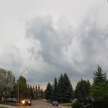
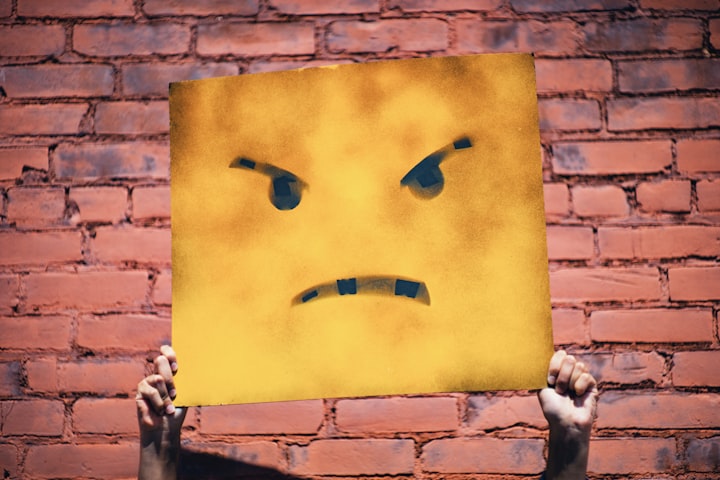



Comments
There are no comments for this story
Be the first to respond and start the conversation.